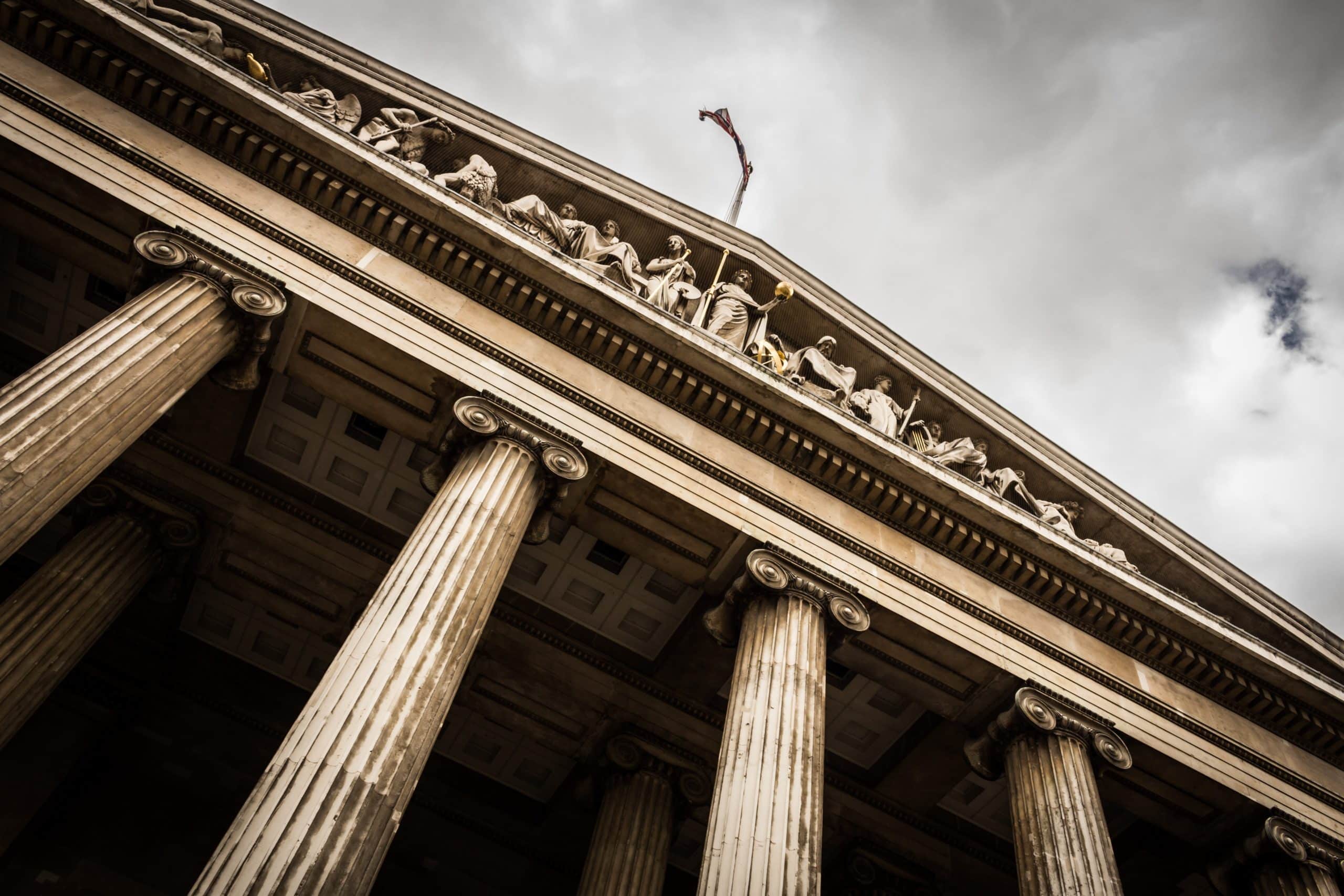Is a US CBDC Inevitable? In DC, Battle Brews Over Digital Dollar

A digital buck moves inexorably onward. However criticism is building into a crescendo.
“CBDC is one of loads of alternate suggestions for upgrading the legacy capabilities of central monetary institution money,” acknowledged Nellie Liang, the Treasury’s undersecretary for home finance, in a speech on Wednesday addressing central monetary institution digital currencies (CBDCs).
CBDCs are an impending but controversial fashion, promising to streamline transactional settlement but threatening to choke off monetary privateness.
Because the erstwhile avatar of a formidable but discrete company, Liang fastidiously avoids any bombast in her public appearances. However a core takeaway from her speech this week, as neatly as the closing two years of public appearances by Treasury and Federal Reserve officers, is that work continues.
In quite loads of ways, the U.S. is in the relieve of. The Federal Reserve has been stuck treading water on FedNow, a accurate-time funds machine waiting in the wings, while analogs in the UK and Singapore were in plug for years.
As for CBDCs, Liang herself subtly alluded to fears that foreign variants may perhaps presumably well additionally diminish U.S. monetary energy, notably with sanctions — with China’s digital yuan unspoken but looming neatly-organized.
All americans, it appears to be like, is involved for the begin of FedNow. However as for a U.S. CBDC, criticism is hitting a crescendo. Within the kill, it can presumably well additionally no longer topic.
Pushback
Republicans, by and neatly-organized, are suspicious of federal agencies. That goes doubly for these admire the Federal Reserve that don’t count on congressional appropriations for funding. Fresh efforts have ramped up.
Rating. Tom Emmer (R-Minn.), the novel Home Majority Whip and a longtime crypto imply, led nine fellow Republicans in introducing a bill figuring out a CBDC as portion of a “surveillance hiss” and barring the Fed from providing services to retail customers.
Emmer, whose workers declined to comment for this text, will most likely be showing at the Cato Institute next week, following on a series of publications from the libertarian reflect tank severe of both CBDCs and the company “cronyism” they whisper fuels it.
A digital buck “is rarely any longer going to be one thing that benefits electorate,” acknowledged Cato’s Reduce Anthony, creator of considerable of that research.
CBDC has long been an situation of hobby for Emmer. He supplied same legislation closing year and, at an trade-backed event in November, acknowledged a CBDC “may perhaps presumably well additionally tranquil distress the bejesus out of each person in this room.”
“That’s factual some anti-public service stuff,” acknowledged Rohan Grey, an partner professor at Willamette’s legislation college. “[Emmer] says he cares about privateness but he doesn’t give a shit about privateness, he gives a shit about privatization.”
The valid more readily aspects to non-public buck-denominated stablecoins as a replacement to a digital buck. However the left is rarely any longer steadily unified in desire of a CBDC.
Grey is with Emmer in hostility in direction of the theorem that of a ledger-based completely mostly CBDC as a threat to privateness and civil rights, selling as a replacement the theorem that of an digital cash machine that stems from the U.S. Mint in situation of the Fed.
“Slay you factor in there’d be a civil rights plug if they may perhaps presumably well additionally video display each person donating to the NAACP relieve in the day?” Grey acknowledged.
It’s a suspicion that resonates amongst progressives.
Some institutions want to salvage monetary files, writes Mark Hays, a senior policy analyst at left-leaning reflect tank American citizens for Financial Reform (AFR), but for traditional shoppers that files “has been outdated or misused by legislation enforcement and the national security apparatus in ways in which disproportionately hurt low-profits folk and other folks/communities of colour.”
In Could well perhaps merely, AFR wrote to the Federal Reserve Board in objection to the CBDC whitepaper that the Fed had build out. The letter equally called for a speedier begin of FedNow and extra cash-admire properties for any make of digitized national currency. Correct months earlier, the American Civil Liberties Union equally called for “digital cash that is de facto admire cash.”
An object in plug…
These objections were gathering momentum recently. In part, that is in reaction to a increasing sense of inevitability from the authorities agencies involved. So long as the players involved preserve their heads down and preserve away from controversy, they’re to a neatly-organized diploma protected from political headwinds.
At the outset of 2020, Daniel Gorfine left the Commodity Futures Trading Commission (CFTC) to begin the Digital Dollar Mission, which advocates for fashion of a U.S. CBDC. Final month, he wrote a response letter in the Wall Aspect dual carriageway Journal announcing “we must all the time soberly rob into memoir the inevitability of a cross to digital. This unlocks a huge different to glean and implement a future buck that satisfies American privateness expectations.”
Grey sees a digital buck as most likely. “I reflect the US is tranquil in the kill going to diagram this,” he acknowledged, no topic a “diploma of coyness” in public appearances by Federal officers.
“I diagram disaster that there’s that this faux sense that right here’s make of undecided,” acknowledged Cato’s Anthony. “It appears to be like admire they’ve already made up our minds what the halt consequence is.”
Source credit : unchainedcrypto.com
